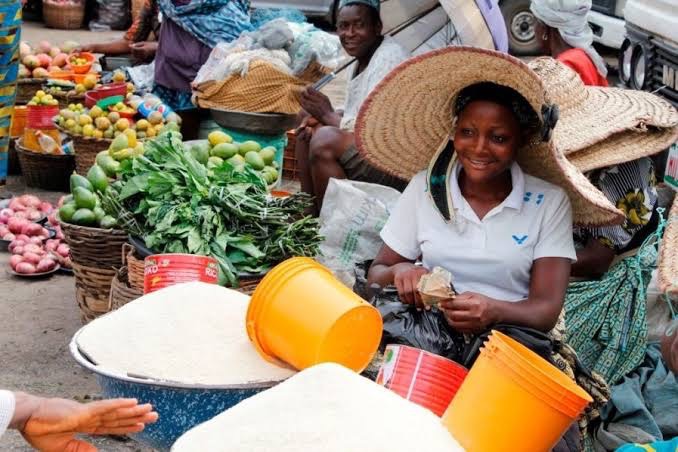Despite recent efforts by the Central Bank of Nigeria (CBN) to stabilize the naira and reduce the soaring costs of living, Nigerian families are facing a bleak Easter as the prices of food and other commodities remain high. The season, traditionally marked by joyous family gatherings and sharing, is overshadowed by economic challenges, with many unable to afford celebratory meals or new clothes.
Despite the CBN releasing $10,000 to each Bureau De Change at a rate of N1,251/$1 aimed at strengthening the naira, the anticipated decrease in commodity prices has not materialized. Prices have continued to rise, compounding the hardships faced by average Nigerian families. Pastor Ginikachi Onuoha, a father of four from Lagos, expressed his inability to celebrate Easter as before, highlighting the impact of the price hikes on his family’s festivities.

In the Bwari Area Council of the Federal Capital Territory, essential commodities like spaghetti and rice have seen price increases, with a bag of 50kg Nigerian rice now selling at N70,000, up from N65,000 two weeks ago. Similarly, in Ogun State and Lagos, traders report that the costs of foodstuffs and frozen foods remain unchanged or have increased, despite the naira’s appreciation.
Economists like Dr. Muda Yusuf and Jonathan Thomas attribute the persistently high prices to factors such as the lag between policy implementation and market response, as well as market distortions and behavioral economics. They suggest that prices may take time to adjust as traders restock at lower costs and market dynamics gradually align with policy changes.
As the country grapples with these economic challenges, the Easter spirit of hope and renewal is more poignant than ever, with Nigerians urged to remain hopeful for better days ahead.



